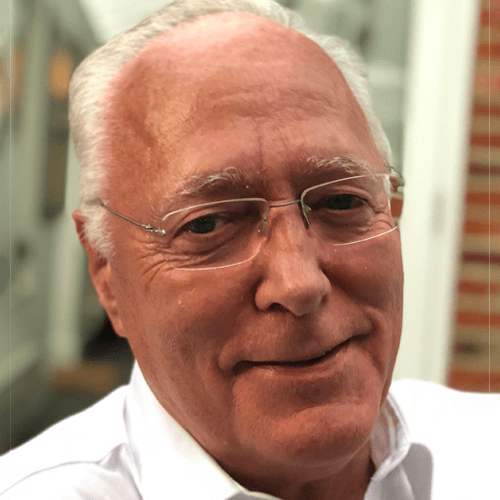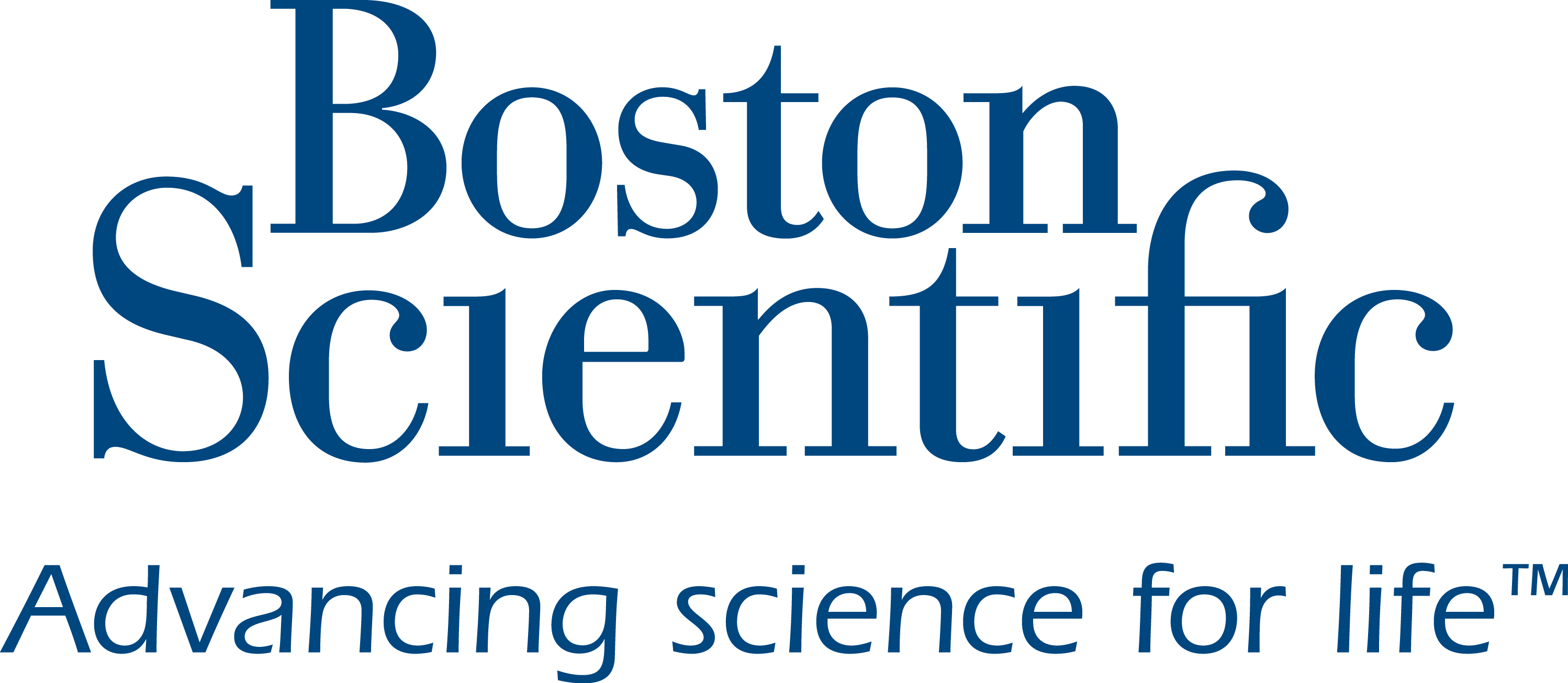31
Mar
2021
17:00
BST
Webinar
Improving Efficiency in Stroke Prevention
-
Views:
 5170
5170
-
Likes:
 16
16
Overview
LAA closure (LAAC) is a proven alternative to oral anticoagulation for preventing stroke in patients with non-valvular AF.
Please join this webinar at 6pm CEST / 5pm BST on LAAC Patient Management in the COVID-19 Era to reinforce the importance to treat LAA closure patients, overcome barriers during a pandemic and optimizing an elective procedure with the new LAA closure device WATCHMAN FLX.
Faculty:

David Hildick-Smith

Tim Betts

A John Camm
This webinar is supported by

Agenda
Learning Objectives
- Discuss the emerging evidence for the LAA closure therapy in the era of NOACs.
- Share experience about the management of elective procedures during the pandemic to offer treatment for patients at high risk for stroke.
- Learn how new imaging modalities (ICE, mini-micro TEE, CT) and workstreams could reduce the need for General Anesthesia, streamlining the LAAC procedure and the patient follow-up.
- Learn about the latest LAAC clinical data and the proven safety profile of WATCHMAN FLX.
- Understand how the new implantation technique of WATCHMAN FLX can optimize procedural results.
Audience
- Interventional Cardiologists
- Electrophysiologists
Faculty Biographies

David Hildick-Smith
Prof David Hildick-Smith is Professor of Interventional Cardiology and Consultant Cardiologist at the Sussex Cardiac Centre - the Regional Specialist Unit. He is Director of the Cardiac Research, ex-Treasurer of the British Cardiovascular Interventions Society, and, with more than 20 years experience of Interventional Cardiology, is considered one of the country's leading experts in management of Cardiovascular complaints.
A pioneer of Interventional Cardiology, David is recognised internationally as a leader in cardiovascular diagnosis and treatment.

Tim Betts
John Radcliffe Hospital, Oxford University Hospitals NHS Foundation Trust, UK
Prof Betts is a Consultant in Cardiology and Cardiac Electrophysiology at the Oxford Private Heart and Lung Centre at Nuffield Health Oxford, The Manor Hospital. He also works at the Oxford University Hospitals NHS Trust.

A John Camm
John Camm is British Heart Foundation Professor of Clinical Cardiology (Emeritus) at St George’s University of London, London, UK. His interests include cardiac arrhythmias, atrial fibrillation, stroke prevention, and anticoagulation.
Prof Camm is Editor of the European Society of Cardiology Textbook of Cardiovascular Medicine and ESC CardioMed, Electrophysiology of the Heart, Clinical Cardiology and Evidence Based Cardiology. He has written or edited more than 40 books, predominantly in the field of cardiac arrhythmology. He has authored or co-authored more than 1450 peer reviewed papers, more than 500 book chapters, and in excess of 2500 accepted abstracts. He has delivered more than 1000 international lectures.
Prof Camm has been involved in the production of numerous guidelines, including the ESC guidelines for the management of atrial fibrillation.
Prof Camm is a member of the Arrhythmia & Electrophysiology Review editorial board.





